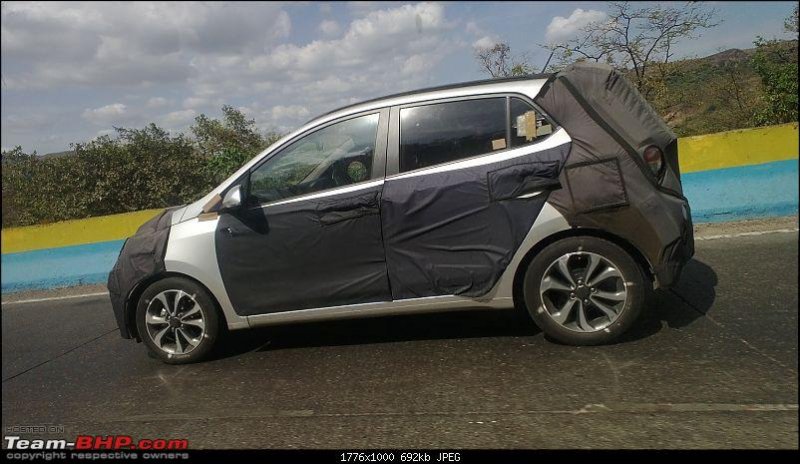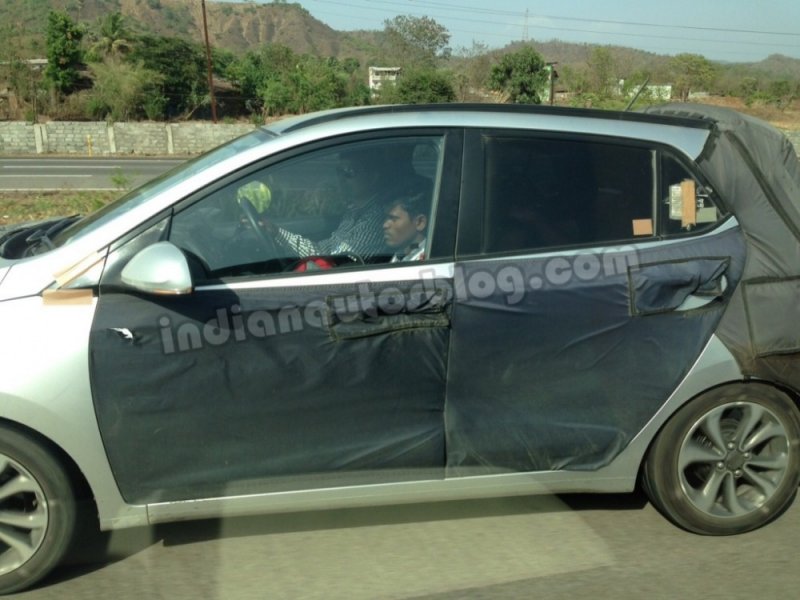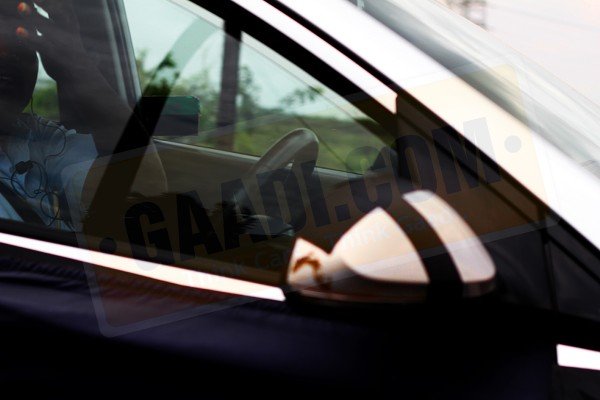Hyundai i10 prototype first drive review
The original Hyundai i10 was about as successful as any city car could hope to be.
Hyundai was already improving on its reputation for producing bottom-end ‘value’ offerings before the i10 was launched, but, thanks in part to a bit of economic collusion between industry and government, the five-door jelly bean was the hit single the Korean brand needed to properly force its way into buyers' consciousness.
While the i10 took full advantage of the unique circumstances created by the scrappage scheme, it’s worth remembering that it was already a six sailing high over the boundary before the Alastair Darling put a gust of wind behind it. Cheap, cheerful, spacious and robust would likely have been enough, but the car was also fun to drive, earning it (among other things) the accolade of being Autocar’s 2008 car of the year.
Given its critical and commercial success, the new i10 could probably have been triumphantly copied and pasted onto the market if Volkswagen hadn’t spent the past 18 months subtly changing the game. The VW Up, with its quality, refinement and comfort, showed the segment how easily a tiny urban runaround might be made to turn the heads of high-spending downsizers.
Hyundai may not like to name it specifically as a benchmark, but during an early preview of the new car (being cold weather quality tested in north Sweden), only one rival model was referenced by the engineers.
Thus the i10 moving slowly through the final stages of its development is considered by its makers to be a ‘more grown-up’ version of the UK bestseller. Beneath the camouflaging and familiar upright profile, the model has grown slightly at the wheelbase and track courtesy of a modified platform. But what Hyundai is really referring to is an open assault on the kit levels expected of a city car.
Cruise control, a multi-function steering wheel, all-round electric windows, switchable ESP, keyless entry, push button start, climate control and even a heated steering wheel were all included on the test mule Autocar drove two months ago. Although undoubtedly spec-heavy for assessment purposes, it seems certain that Hyundai’s strategy for offering considerably more for much the same money will continue aboard the new i10.
What is it like?
As we were confined to a frozen-over lake and a quarter-mile stint along a straight road, sweeping statements about the supermini’s dynamic abilities would be unwise, but it’s probably fair to say that i10 buyers can expect much the same experience as before, which is to say very good, with perhaps a hint of the extra maturity Hyundai seems keen to add.
As before you sit rather upright, although not conspicuously high; the steering is light and springy, but emphatically well connected to the front wheels. The gearbox is dainty, about right in throw and easy to deploy, while the pedals are appropriately spaced and, as before, the compromise between the requirements of ride and handling seems remarkably well selected.
There is still an obvious keenness to the way the i10 drives, aided by the responsiveness and first-rate refinement of test mule’s 1.2-litre engine. The four-pot is a carryover from the present-generation car (as the rest of the line-up will be, including, potentially, the three-cylinder diesel engine not currently sold in the UK), although significant gains are expected in terms of efficiency and running costs.
In short, even so obviously shorn of its natural backdrop on Swedish snow, the model feels every bit the usable city car. In the back, it seems better still. Packaging was always a strength, and with a bit of extra space to play with, rear occupants (even in adult sizes) are admirably well catered for. Though it could not be photographed, glimpses beneath the internal disguise reveal an all-new dashboard design heavily influenced by the architecture employed in range siblings like the i40.
Studded with improved equipment, the new surroundings (and their comparative hush) are obviously intended to haul the i10 upmarket and into its direct rivals' reckoning. Just before our time was up in the car, Hyundai’s engineer made a point of showing off the bank of electric window controls on the driver’s door. The message was clear: no need to lean across in this car. For Hyundai, there’s no space for such compromise.
Should I buy one?
Obviously you can’t yet, but the early indications are that you’ll probably be thinking about it by the end of the year. The new i10 feels like less of a step forward than the Up simply because we are so well acquainted with it.
Nevertheless, as before, there’s so much here that seems right and correct and faithful to what a city car ought to be that it’s hard, even in premature form, not to plonk it straight into the same superior bracket.
The final verdict on the added value of all those extra buttons and functions will have to wait six months. For now it’s as much as we could have hoped for: a Hyundai i10, but better.
Hyundai i10 prototype Review | Autocar






![Clap [clap] [clap]](https://www.theautomotiveindia.com/forums/images/smilies/Clap.gif) )
)



